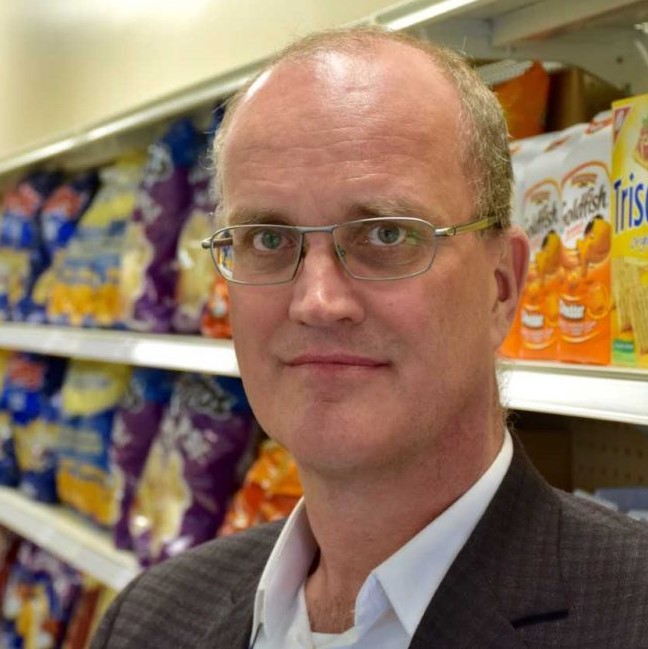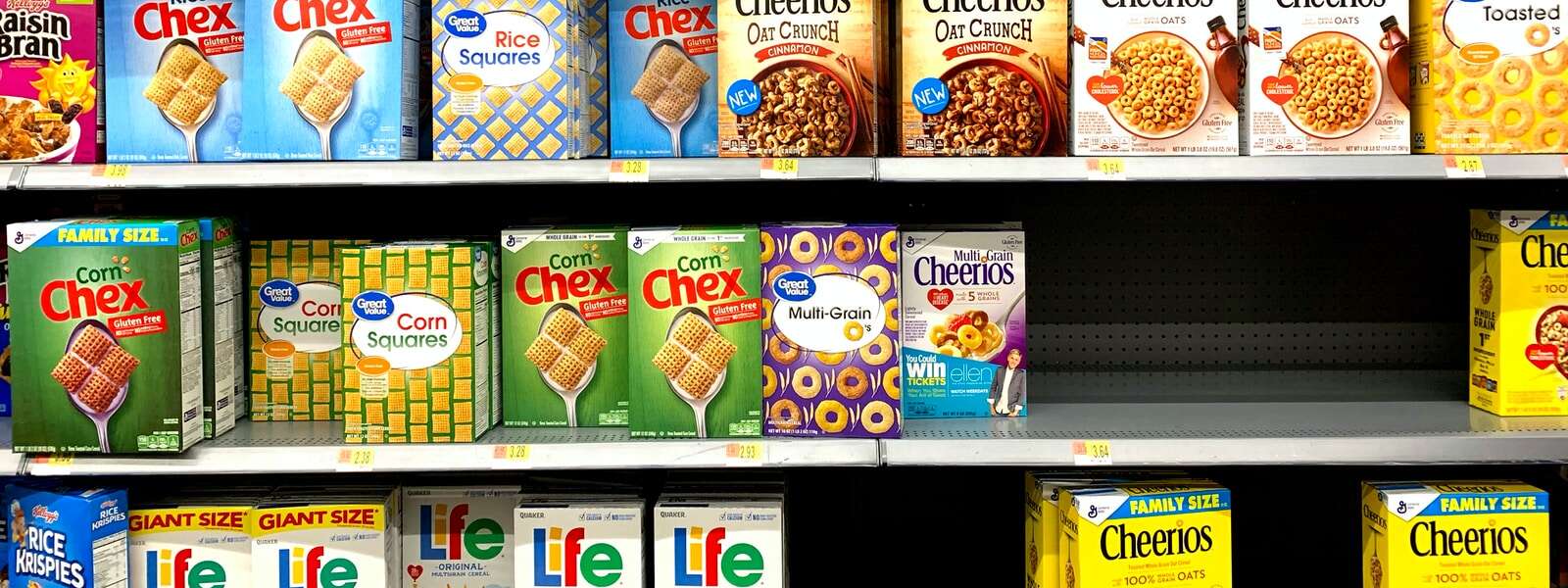
With the consumer price index showing grocery bills rising fast, there are increasing calls for government action. But solving food inflation isn’t simple, says a University of Guelph expert.
Dr. Mike von Massow is a food economist in the Department of Food, Agricultural and Resource Economics at the Ontario Agricultural College. His research focuses on the structure and performance of food value chains and their responses to changing consumer preferences.
“There is little that governments can realistically do directly to effectively reduce food prices,” he said in two recent posts on his blog, Food Focus, noting that the root causes of inflation are beyond the control of politicians.
Russia’s war on Ukraine is significantly disrupting world wheat, fertilizer and fuel trade. Drought and extreme weather events are causing farm commodity prices to rise. Pandemic lockdowns, especially those in China, are worsening supply chain upsets.
All these factors affect food prices and “interest rate hikes will not make it easier for Prairie farmers to buy expensive fertilizer, grow grass for cattle or to achieve normal yields in the face of extremely dry conditions,” he said.
What the government could do
Von Massow said the federal government has three options: regulate certain food prices, limit exports or waive taxes.
But regulating prices comes with potential pitfalls, he said.
“If the regulated products are imported items, they will go to other markets. If they are domestically produced, they will likely leave the country for higher returns,” he said. “If governments make up the difference through a direct subsidy, it becomes very expensive.”
Limiting food exports can also lead to trouble, he said, because while it helps Canadian consumers, it puts a burden on farmers who may choose to reduce or cease production in favour of an unregulated product.
Waiving taxes would also have little effect, given most food items are not taxed.
Income support for those in the lowest income brackets could help alleviate the pressure, von Massow said.
“Providing tax relief on purchases will provide the greatest benefit to those that spend the most rather than those that need it most,” he said, adding it could take pressure off those in the middle class.
Von Massow recently discussed the idea of a “grocery code of conduct” with CBC News. A code, as proposed by the Green Party of Ontario, would include rules about how grocery chains interact with suppliers and what costs they can pass back to suppliers.
He said while such an agreement wouldn’t quell all food inflation, it does have the potential to level the playing field for all retailers and therefore moderate food price inflation, to some degree.
He also analyzed the latest food inflation data with City News Ottawa and the Toronto Star.
He is available for interviews.
Contact:
Dr. Mike von Massow
mvonmass@uoguelph.ca
